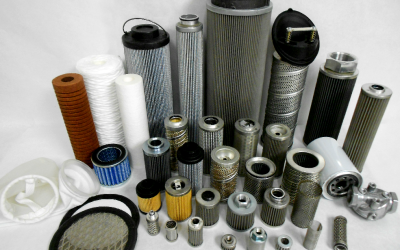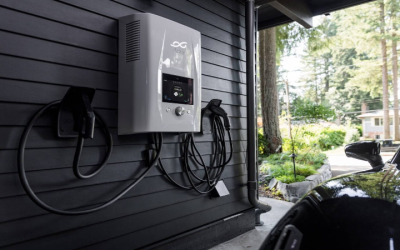Energy efficiency is a growing priority for homeowners and industries across the United States, driven by rising energy costs and increasing environmental awareness. Many people are searching for effective solutions to optimize energy use and reduce utility bills. For those looking to enhance heating and cooling systems, Heat Exchangers are a key technology that can significantly improve energy efficiency in both residential and industrial settings.
Understanding Heat Exchanger Technology
At their core, heat exchangers are devices designed to transfer thermal energy between two or more fluids without mixing them. This process is fundamental in a wide range of applications, from home heating systems to large-scale industrial processes. By capturing and redirecting heat that would otherwise be wasted, these systems maximize the use of existing energy, reducing the need for additional fuel or electricity.
How Heat Exchangers Work
Heat exchangers operate on a simple principle: move heat from one medium to another. In residential settings, this might involve transferring heat from outgoing exhaust air to incoming fresh air in a ventilation system, or moving warmth from hot water to cold water in a tankless water heater. In industrial applications, they are often used to recover heat from exhaust gases, cooling processes, or chemical reactions.
The key benefits of heat exchangers include:
- Reduced energy consumption: By recycling heat, less energy is required for heating or cooling.
- Lower utility costs: Homeowners and businesses see tangible savings on their energy bills.
- Decreased environmental impact: Improved efficiency means less fuel burned and fewer emissions.
- Enhanced equipment longevity: Efficient heat transfer can reduce strain on heating and cooling equipment.
Applications in American Homes
In American households, heat exchangers play a crucial role in modern HVAC systems, water heaters, and ventilation units. For example, energy recovery ventilators (ERVs) use heat exchangers to capture warmth from stale outgoing air and transfer it to fresh incoming air, maintaining indoor comfort while minimizing energy loss. Similarly, tankless water heaters use compact heat exchangers to provide hot water on demand with minimal waste.
Homeowners benefit from:
- Improved indoor air quality with less energy loss.
- Consistent water temperatures using less fuel.
- Quieter, more efficient heating and cooling systems.
Industrial Benefits and Implementation
Industries across the United States rely on heat exchangers for efficient process management. In manufacturing plants, chemical processing facilities, and power generation stations, these systems help capture excess heat from operations and repurpose it elsewhere in the facility. This not only conserves energy but can also improve process stability and product quality.
Key industrial advantages include:
- Process optimization: Maintaining optimal temperatures for chemical reactions and manufacturing.
- Waste heat recovery: Turning byproduct heat into useful energy, reducing overall consumption.
- Regulatory compliance: Meeting environmental standards through reduced emissions.
Maximizing Energy Efficiency with Heat Exchangers
Integrating heat exchangers into residential and industrial systems is a proven strategy for boosting energy efficiency. Regular maintenance, proper sizing, and professional installation are essential to ensure optimal performance. For homeowners, upgrading to systems with built-in heat exchangers can lead to immediate savings and increased comfort. For industries, investing in custom-designed heat recovery solutions can yield substantial long-term benefits.
In summary, heat exchangers are a powerful tool for improving energy efficiency in both American homes and industrial applications. By efficiently transferring and reusing heat, these systems lower energy costs, reduce environmental impact, and contribute to a more sustainable future. As energy demands continue to rise, adopting advanced heat exchanger technology is a smart investment for anyone looking to optimize their energy use.


